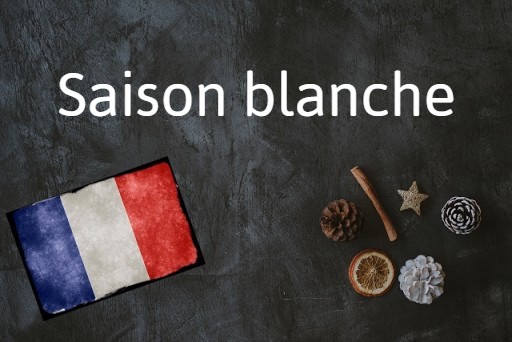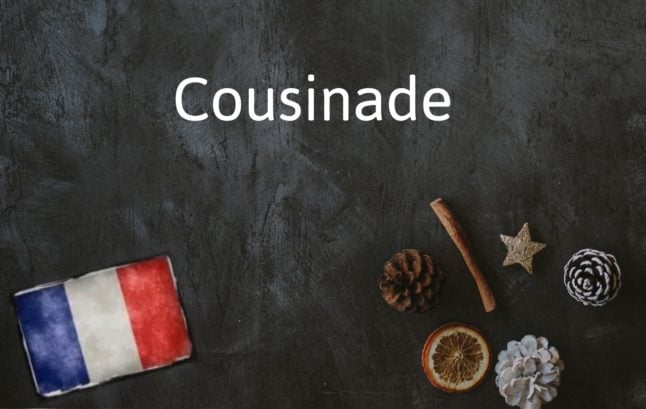Why do I need to know blanc?
Because when certain items have 'white' added to them, it gives them a whole new meaning.
What does it mean?
When the French government announced that ski resorts were looking at a saison blanche (white season) they were not talking about the weather reports looking particularly promising for snow.
Here, blanche meant 'write-off'. Ski resorts might not get to reopen at all this year, the government said.
Une saison blanche is a season that is void or a write-off.
And a season is not the only thing you can make white in French.
Nuit blanche (white night) means a night of no sleep (and is also the name of a very popular cultural all-night festival in Paris).
Une année blanche (a white year) is a term used about a specific tax mechanism that occurred in 2019 to prevent tax payers from being charged double on their income tax. This is a complicated one, but the only thing you need to understand for the purpose of this article is that, again, blanc referred to the fact that 2019 was 'tax free'.
Une année blanche can also mean 'a gap year', a year of pause to think or plan a project before embarking on a university degree, a new job or starting a company.
Use it like this
Elle a pris une année blanche pour voyager. – She took a gap year to travel.
Une saison blanche sera très dûre pour le secteur de sport d'hiver. – A write-off of the season will be very tough for the winter sport sector.
J'ai fait une nuit blanche pour finir cet article, je suis crevé. – I stayed up all night to finish this article, I'm dead.



 Please whitelist us to continue reading.
Please whitelist us to continue reading.
Member comments